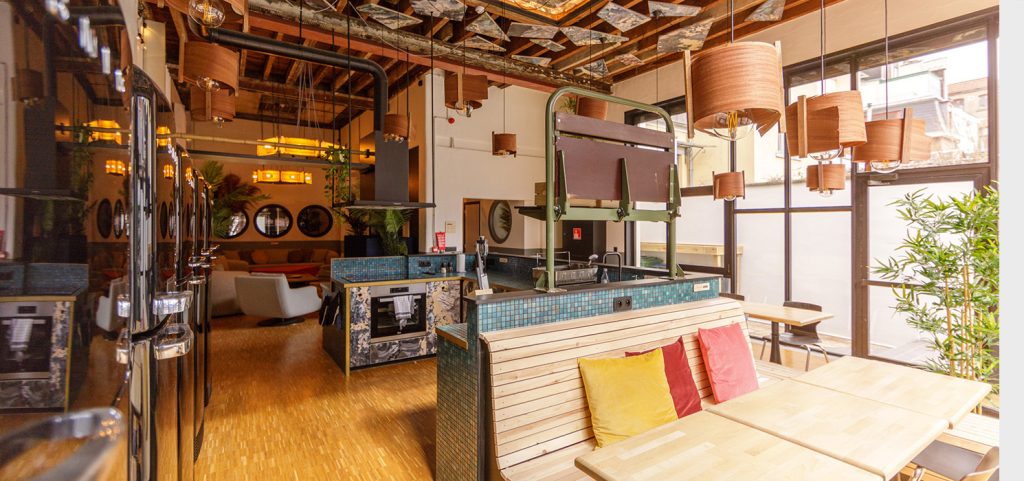In an era where connection and collaboration are more valuable than ever, hostels are uniquely positioned to foster vibrant communities for students and young professionals. Beyond just providing a place to sleep, modern hostels can be dynamic environments where residents form lasting friendships, build professional networks, and develop essential life skills. Here are some ways hostels can create a sense of community and belonging.
1. Create Common Spaces That Encourage Interaction
Design plays a critical role in fostering community. By creating inviting common areas such as lounges, communal kitchens, and co-working spaces, hostels provide natural environments for interaction. Comfortable seating, open layouts, and multi-functional spaces encourage spontaneous conversations and group activities.
Tip: Incorporate collaborative zones like study pods and gaming corners where residents can unwind and socialize.
2. Host Regular Social Events and Workshops
Events are a powerful tool to bring people together. From casual movie nights and cultural potlucks to skill-based workshops and networking mixers, these activities create opportunities for residents to bond and share experiences.
Tip: Regularly survey residents to understand their interests and tailor events accordingly. Hosting guest lectures and career talks can also add professional value.
3. Foster Peer-to-Peer Support Networks
Peer networks can provide emotional support and foster personal growth. Hostels can facilitate mentorship programs where senior residents guide newcomers or create buddy systems to help new arrivals settle in smoothly.
Tip: Implement a digital platform where residents can share resources, seek advice, and organize study groups or collaborative projects.
4. Embrace Diversity and Inclusion
A strong community is built on diversity and inclusion. Hostels can foster a sense of belonging by celebrating different cultures, encouraging open dialogues, and ensuring all residents feel welcomed and valued.
Tip: Organize cultural festivals and language exchange programs to promote cross-cultural understanding.
5. Utilize Technology to Strengthen Connections
Technology can bridge gaps and keep communities connected. Hostels can use digital platforms for communication, event updates, and community-building activities.
Tip: Develop a dedicated app where residents can post announcements, participate in forums, and RSVP for events.
6. Encourage Shared Responsibilities
Engagement grows when residents have a sense of ownership. Encouraging shared responsibilities, such as managing a community garden or organizing events, can deepen their connection to the hostel community.
Tip: Create a rotating volunteer system where residents contribute their skills to maintain shared spaces or lead community initiatives.
7. Provide Well-Being and Personal Development Resources
Supporting mental and physical well-being is crucial. Hostels can provide resources such as wellness programs, counseling services, and fitness classes to help residents thrive.
Tip: Partner with local wellness professionals to offer meditation sessions, yoga classes, and mental health workshops.
Conclusion
By investing in thoughtful design, meaningful activities, and inclusive practices, hostels can transform into thriving communities for students and young professionals. These spaces become more than just places to stay—they become hubs of learning, collaboration, and lifelong connections. In a world where meaningful human interaction is increasingly sought after, hostels that prioritize community-building will stand out and make a lasting impact on their residents’ lives.





